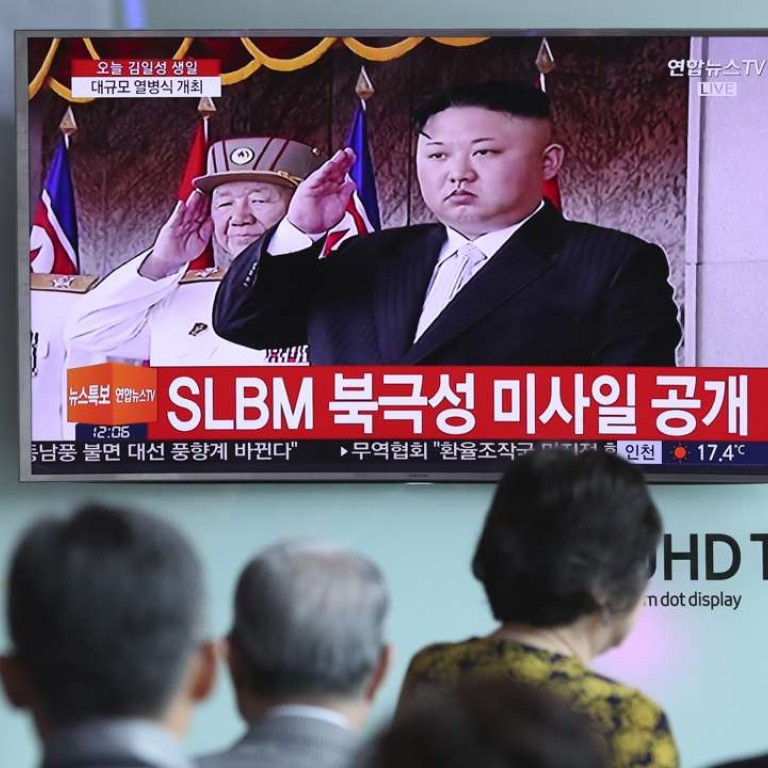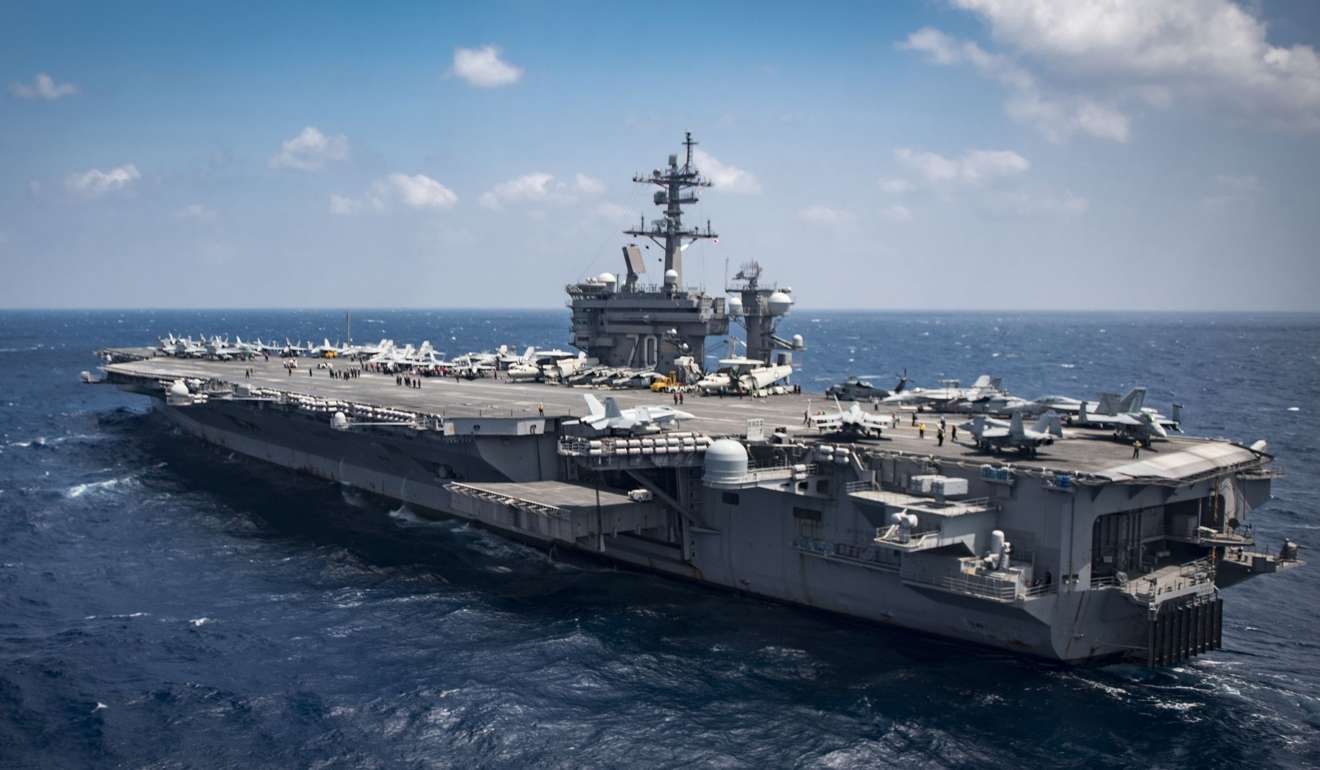
Why Kim Jong-un’s warnings of nuclear war will fail to impress US and South Korea
John Power says heated rhetoric and brinkmanship have defined the peninsula since the end of the Korean war, and Seoul and Washington have always known better than to give in to Pyongyang’s provocations
Anyone daring to peer out from their bunker amid the latest tensions between North Korea and the United States will be relieved to find that the world has yet to be hit by a nuclear holocaust. Judging by recent headlines, this seems nothing short of miraculous.
“World ‘on the brink of thermo-nuclear war’, as North Korea mulls test that could goad Trump,” gasped London’s The Daily Telegraph on Friday in one of many breathless invocations of a third world war.
North Korea is a state that threatens nuclear war about as often as most people get a haircut
What most of these alarming reports failed to include was even basic context about the history of the heated rhetoric and brinkmanship on the Korean peninsula. When it comes to Kim Jong-un’s isolated regime, much of the media exhibits an attention span that would make even a goldfish blush.
Some anxiety no doubt stems from the fact that Donald Trump, a largely unknown quantity on foreign policy, occupies the White House, especially given reports in which anonymous US officials have talked up the possibility of a military strike on Pyongyang’s nuclear and missile facilities.
Watch: North Korea fires four missiles into the sea near Japan
Yet it’s hard to believe President Trump’s team doesn’t appreciate the catastrophic risks of such an action, which could plausibly spark a regional or even global conflict. Within a day of NBC causing major jitters with a report suggesting serious consideration of military action, White House sources were stressing that the strategy to change Pyongyang’s behaviour would in fact rely on the familiar formula of sanctions and censure. If one factor above all makes war unlikely, it’s South Korea, a close Washington ally hosting around 28,500 US troops and the country likely to bear the brunt of a major confrontation with Pyongyang.
Seoul’s close proximity across the border, well within range of countless North Korean artillery batteries, has imbued in South Koreans an extreme aversion to war throughout seven decades of uneasy, often outright hostile, relations with their neighbour.
With some 20 million people residing in the greater metropolitan area, the potential death toll of a full-scale conflict is almost beyond contemplation. Tellingly, the unnamed officials hinting at military action indicated that it would only be carried out with its ally’s approval. The chances of South Korea granting this range from extremely slim to zero.
Why South Koreans are unmoved even though all signs point to war

With US and North Korea each testing the other’s resolve, is the world hurtling towards war?
As alien as it may appear to other countries, the US included, South Korea’s national security calculation has been to avoid escalation at almost any cost.
South Korea’s national security calculation has been to avoid escalation at almost any cost
In any other country, any one of these provocations might well have been received as a declaration of war, but South Korea is not any other country, irrespective of any temptation to view it through a lens that matches Western sensibilities.
North Korea is not like any other country either, nor does it present a national security challenge like any other. A sober awareness of these facts has kept successive US administrations, Republican or Democratic, from doing anything to risk all-out war, even as Pyongyang has developed nuclear weapons and missiles in defiance of international uproar.
War hasn’t been in anyone’s interests for the last seven decades. It still isn’t, despite the apocalyptic headlines.
John Power is an Australia-based journalist who reported from South Korea between 2010 and March of this year

